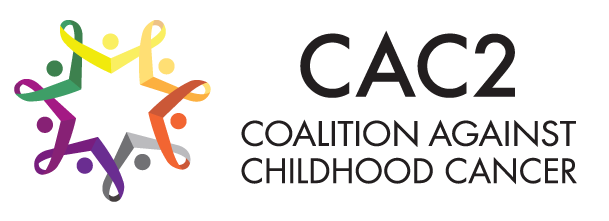Assorted News from the Last Week:
A study explores the effects of identifying pediatric cancer survivors at risk for complications, developing targeted interventions, determining where and how to provide life-long risk-based care, and whether providing risk-based surveillance will mitigate the burden of morbidity and mortality among childhood cancer survivors. A proposed cancer survivorship model that involves interdisciplinary coordination and the use of digital tools has the potential to “move the outcomes needle.”Only half of adolescents and young adults with cancer get fertility counseling before treatment.
Psychological empowerment interventions that are technology-based significantly improve the psychological well-being of parents of pediatric patients with cancer. Researchers has developed a new microfluidic device aimed at making treatments safer for children with hyperleukocytosis. High-Dose methotrexate in children and young adults With ALL and lymphoblastic lymphoma: Results of the randomized Phase III Study UKALL 2011Epigenetic mechanisms controlling human leukemia stem cells and therapy resistance
Childhood cancer in Nigeria: Silent crisis shattering lives, demanding change
Pain risk factors in pediatric cancer
Auditory attention decay noted post-treatment in pediatric cerebellar tumors
Upcoming Webinars, Online Opportunities, and Meetings:Take Action:
CAC2 Innovation Council Recommendation: Social Genomic Mechanisms of Health Disparities among Adolescent and Young Adult (AYA) Survivors of Hodgkin and Non-Hodgkin Lymphoma
The Requester: Study team led by Dr. Brad Zebrack, University of Michigan, School of Social Work
Overview of the Opportunity: The study seeks to understand more about how the world that teen and young adult lymphoma survivors live in affects the outcomes of their cancer treatment.The Type of Request: Information sharing about an adolescent and young adult survivor study of health disparities.
The Ask: Inform CAC2 Members about the study called Social Genomic Mechanisms of Health Disparities among Adolescent and Young Adult (AYA) Survivors of Hodgkin and Non-Hodgkin Lymphoma that is currently recruiting 18 – 39 year olds who have completed treatment for Hodgkin or Non-Hodgkin Lymphoma and are within 3 years since the end of treatment. Distribute the informational flyer within members’ networks.
Supporting Documentation:
The study has two primary goals:
- Help develop approaches that improve the mental and physical quality of life for patients and survivors
- Help create more effective treatment and better survivorship care for young adult cancer patients
Informational Flyer for distribution: http://www.cac2.org/wp-content/uploads/2025/03/Adolescent_Young_Adult_Survivor_Study.pdf
Website: https://aftercancergenomics.org
3-minute video explaining the study: https://www.youtube.com/watch?app=desktop&v=xDlnWKvtkuU&feature=youtu.be

